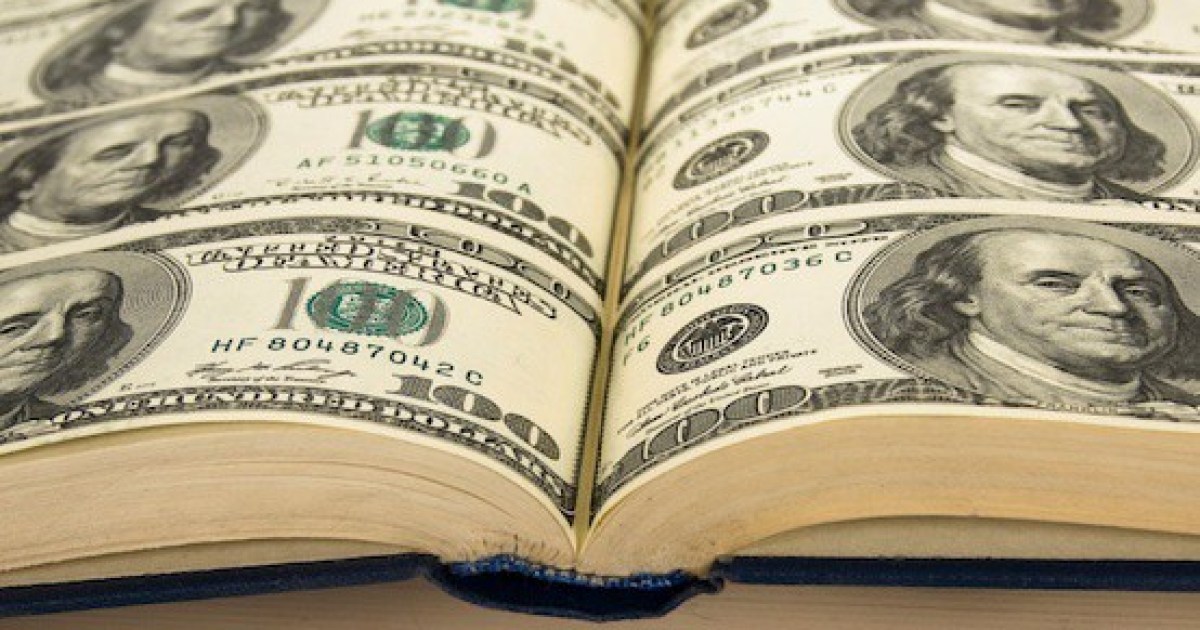Practice of law, NOT a business but why so EXPENSIVE law books?
Recently, news came out that a book-a-like seller has been arrested by agents of
the National Bureau of Investigation (NBI). According to reports, after a month
of investigation, NBI decided to cause the arrest an alleged violator of
copyright laws for allegedly selling and distributing photocopies of law books
without their authors' permission. This issue turned out to be very divisive in the community of law students. Many
law students even expressed sympathy and support for the book-a-like the seller
since, as it was argued, he was trying to help students in the province who
cannot buy very expensive books. On the other hand, other groups of law students
argued that the law was violated and so punishment must be imposed, especially
considering the fact that he was a law student and his partner was a even a
lawyer.
This issue turned out to be very divisive in the community of law students. Many
law students even expressed sympathy and support for the book-a-like the seller
since, as it was argued, he was trying to help students in the province who
cannot buy very expensive books. On the other hand, other groups of law students
argued that the law was violated and so punishment must be imposed, especially
considering the fact that he was a law student and his partner was a even a
lawyer.
Unsurprisingly, authors of law books like Sta. Maria, Rabuya, Riguera and Cruz have issued statements denouncing the alleged violation of their rights and of the law.
 This issue turned out to be very divisive in the community of law students. Many
law students even expressed sympathy and support for the book-a-like the seller
since, as it was argued, he was trying to help students in the province who
cannot buy very expensive books. On the other hand, other groups of law students
argued that the law was violated and so punishment must be imposed, especially
considering the fact that he was a law student and his partner was a even a
lawyer.
This issue turned out to be very divisive in the community of law students. Many
law students even expressed sympathy and support for the book-a-like the seller
since, as it was argued, he was trying to help students in the province who
cannot buy very expensive books. On the other hand, other groups of law students
argued that the law was violated and so punishment must be imposed, especially
considering the fact that he was a law student and his partner was a even a
lawyer.Unsurprisingly, authors of law books like Sta. Maria, Rabuya, Riguera and Cruz have issued statements denouncing the alleged violation of their rights and of the law.
Because of this debate, many law students have started to ask the question:
"Why are law books so expensive?" In fact, it is almost impossible for an
ordinary Filipino to buy seven (7) to nine (9) law books in a semester,
considering that other expenses, such as school fees among others, have yet to
be paid. This is why some, if not many, law students resort to book-a-likes.
Book-a-likes are photocopies of law books that look almost exactly the same as
the original one. This, of course, is not to say that the proliferation of
illegal copies of a book is legally justified.
It has been a common stanza in legal ethics jurisprudence that the practice of
law is not a business, but a profession. In Cayetano v. Monsod, the Supreme
Court defined practice of law, saying that practice of law means any activity,
in or out of court, which requires the application of law, legal procedure,
knowledge, training and experience. "To engage in the practice of law is to
perform those acts which are characteristics of the profession. Generally, to
practice law is to give notice or render any kind of service, which device or
service requires the use in any degree of legal knowledge or skill."
Therefore, the writing and selling of law books by lawyers may be considered
practice of law.
The question now is this. Is it time for the Supreme Court to regulate prices of books, considering that book writing is a practice of law and that practice of law is a noble profession? After all, lawyering is not a business; it is a profession in which duty to public service, not money, is the primary consideration.
The question now is this. Is it time for the Supreme Court to regulate prices of books, considering that book writing is a practice of law and that practice of law is a noble profession? After all, lawyering is not a business; it is a profession in which duty to public service, not money, is the primary consideration.



